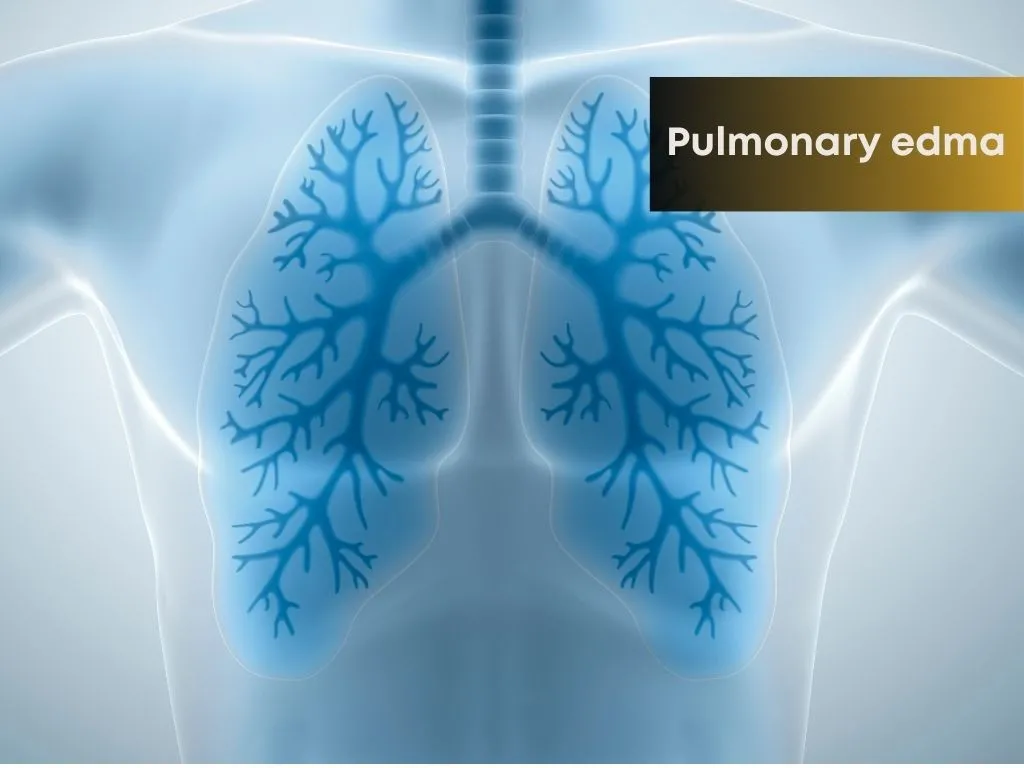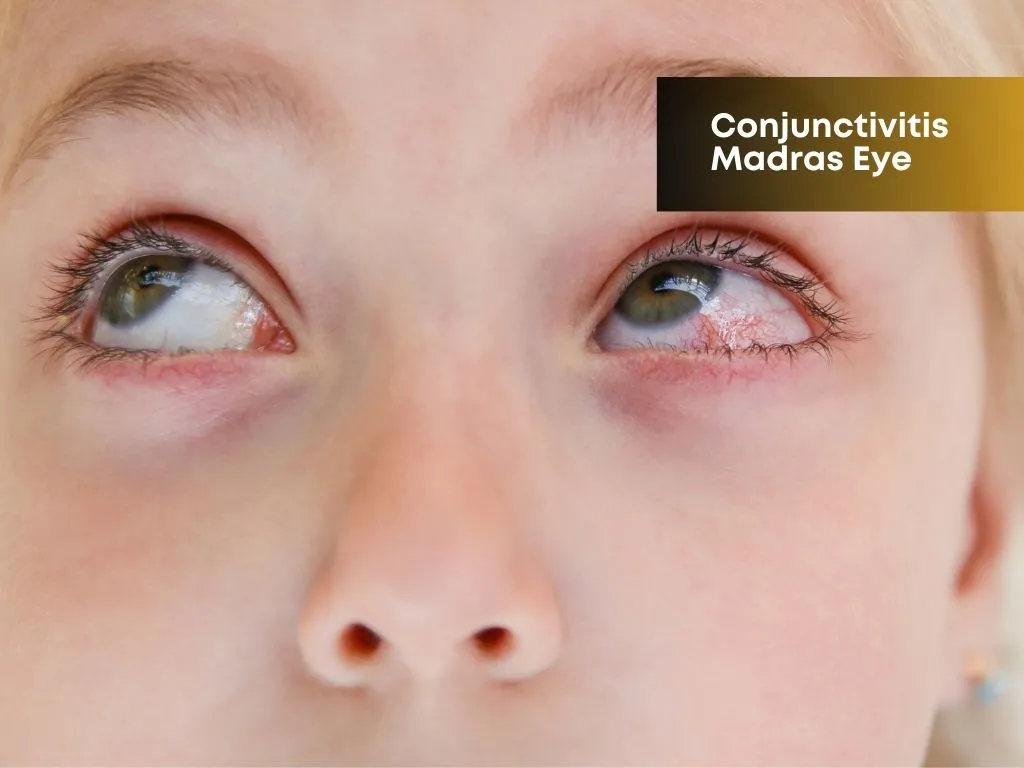Pulmonary edema
-
 Nalamaree Team
Nalamaree Team
- 23 September 2025
Overview
Pulmonary edema is a condition characterized by the accumulation of fluid in the air sacs of the lungs, known as alveoli. This accumulation of fluid can impair the exchange of oxygen and carbon dioxide in the lungs, leading to difficulty breathing and decreased oxygen levels in the blood.
Causes
Pulmonary edema is a condition characterized by the accumulation of fluid in the lungs. This fluid buildup occurs in the air sacs (alveoli) of the lungs, making it difficult for oxygen to pass into the bloodstream.
There are two main types of pulmonary edema:
Cardiogenic pulmonary edema
Non-cardiogenic pulmonary edema
Symptoms
Common symptoms include:
Treatment: Modern Medicine
Treatment: Traditional Medicine
Here are some traditional and home remedies that may help alleviate symptoms of pulmonary edema:
Caution





















.jpg.webp)
